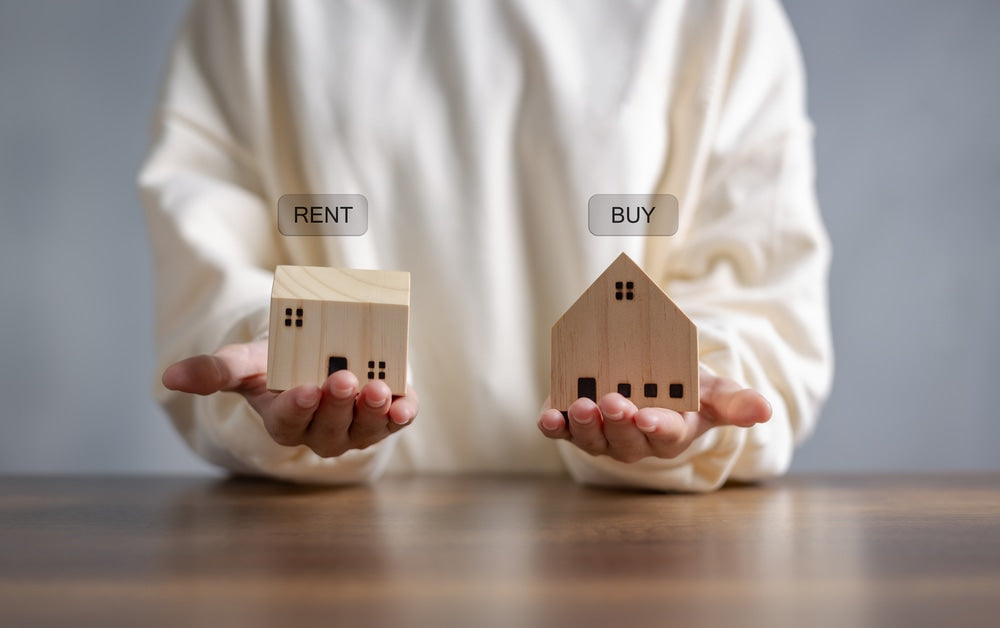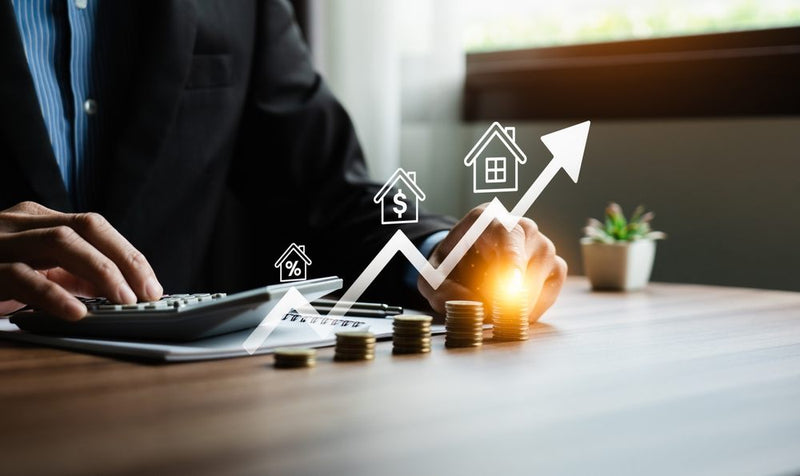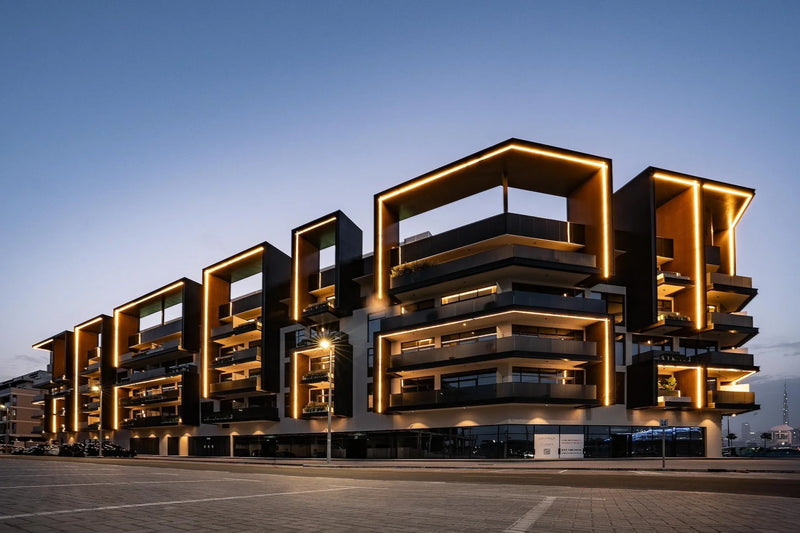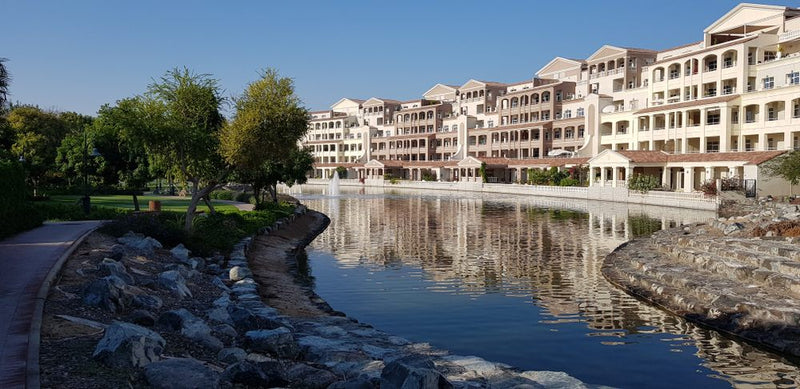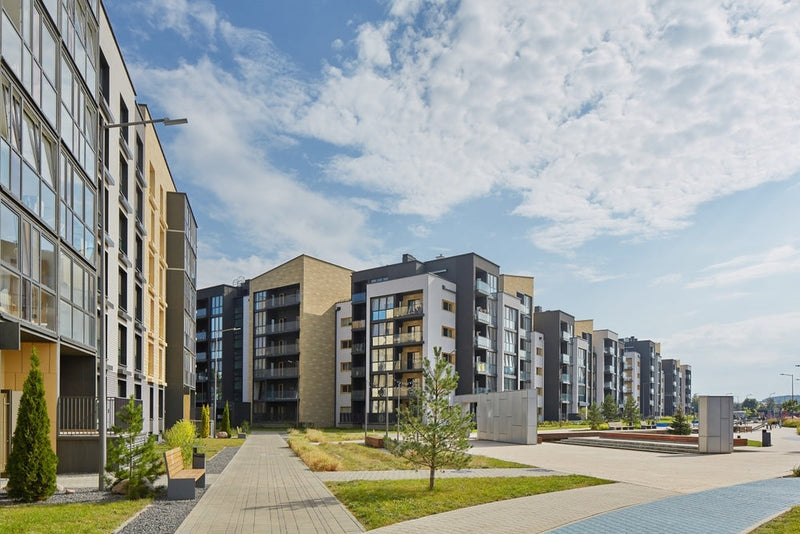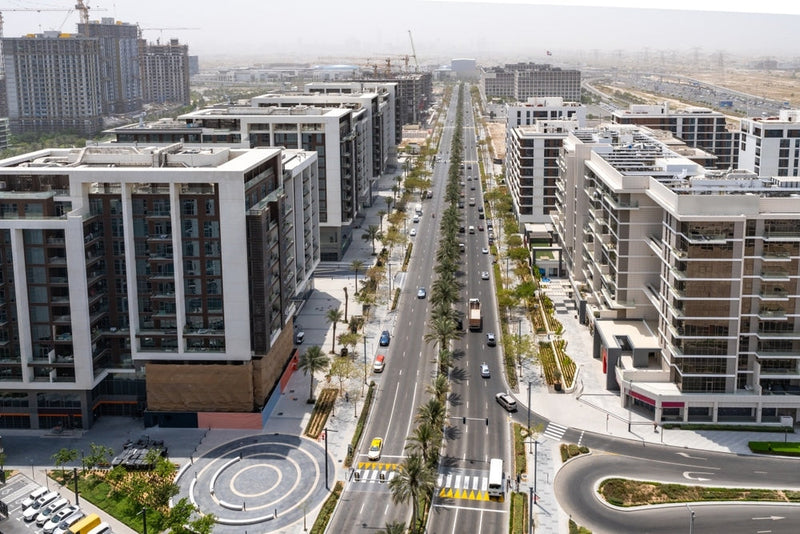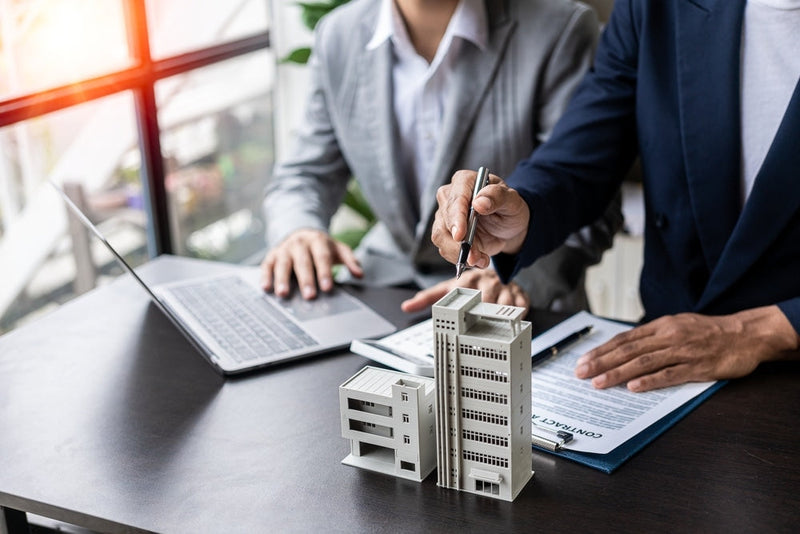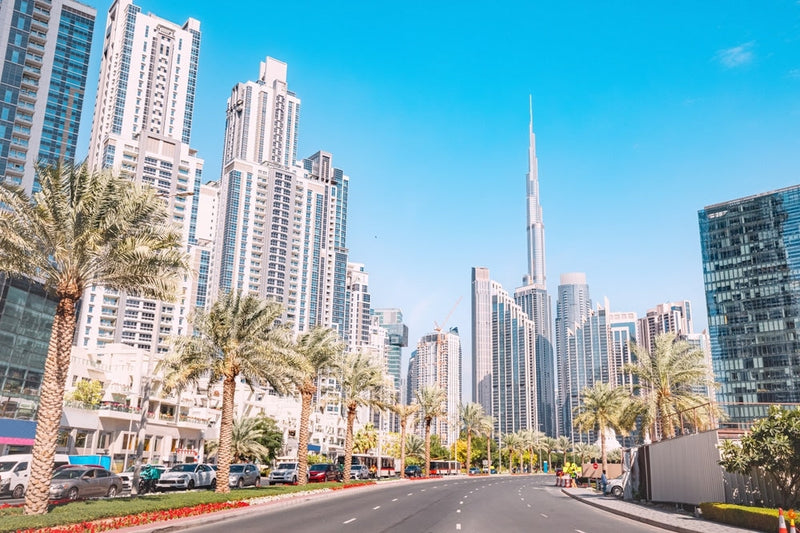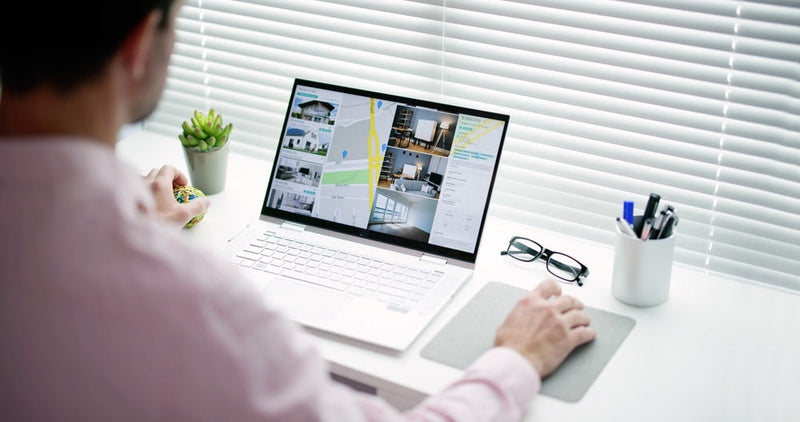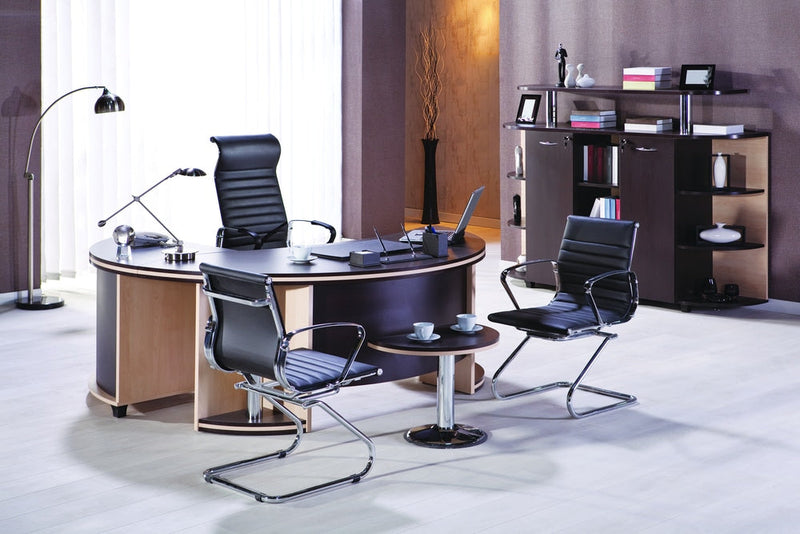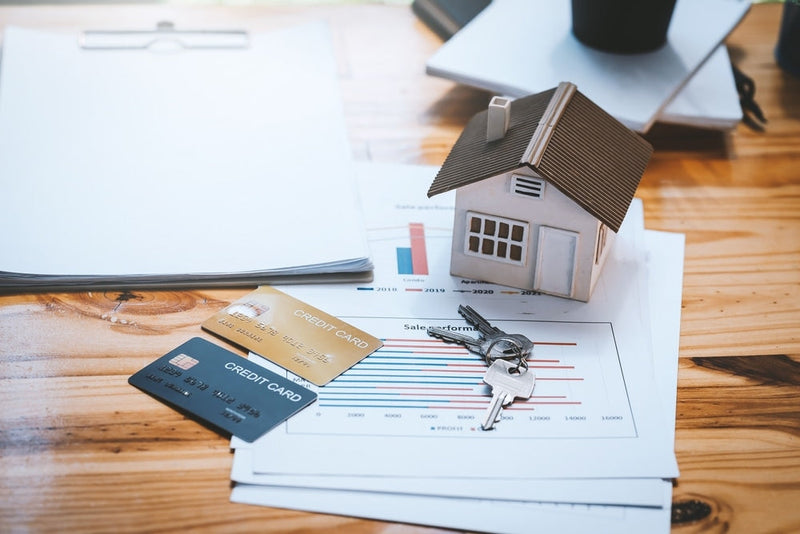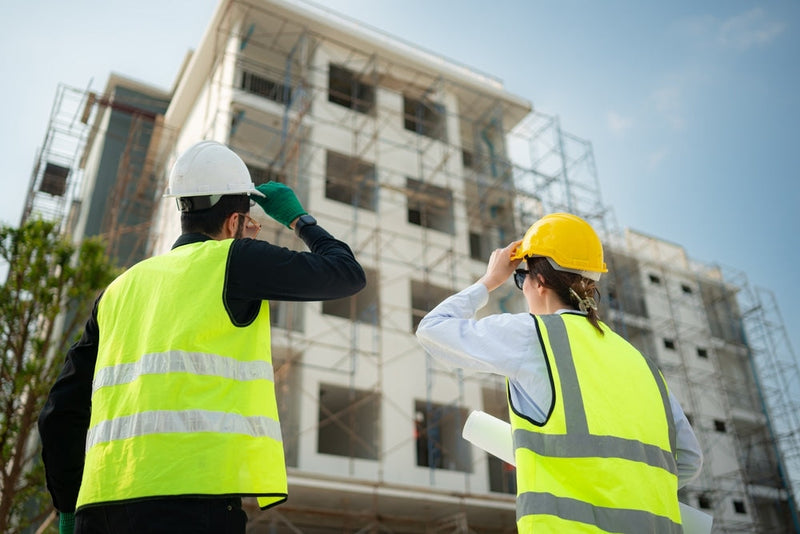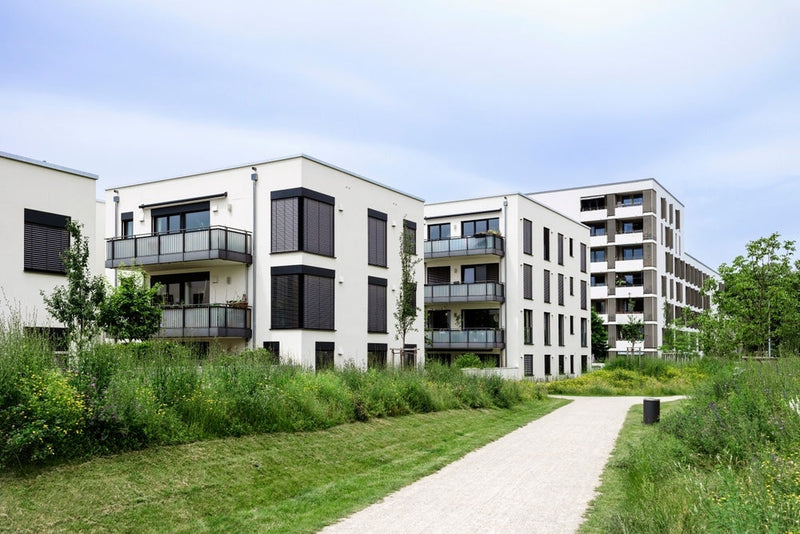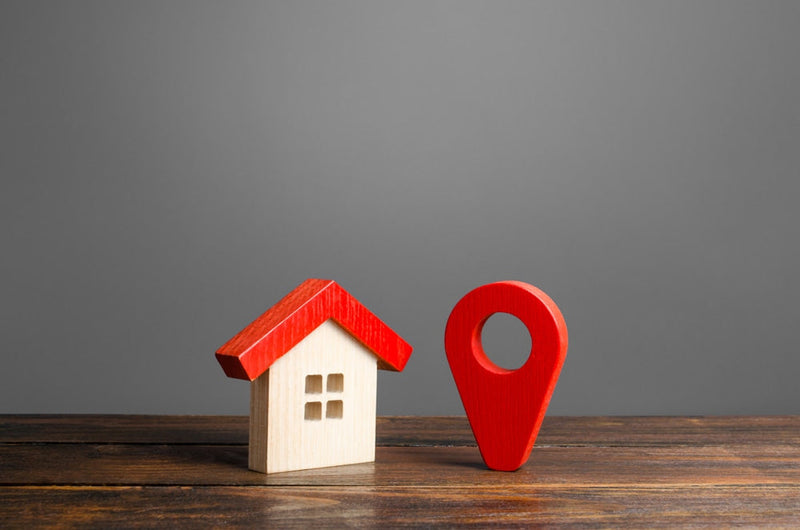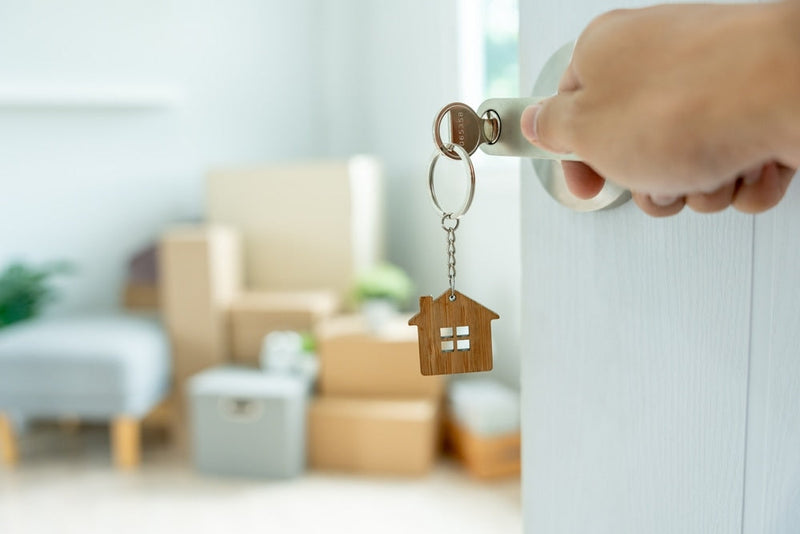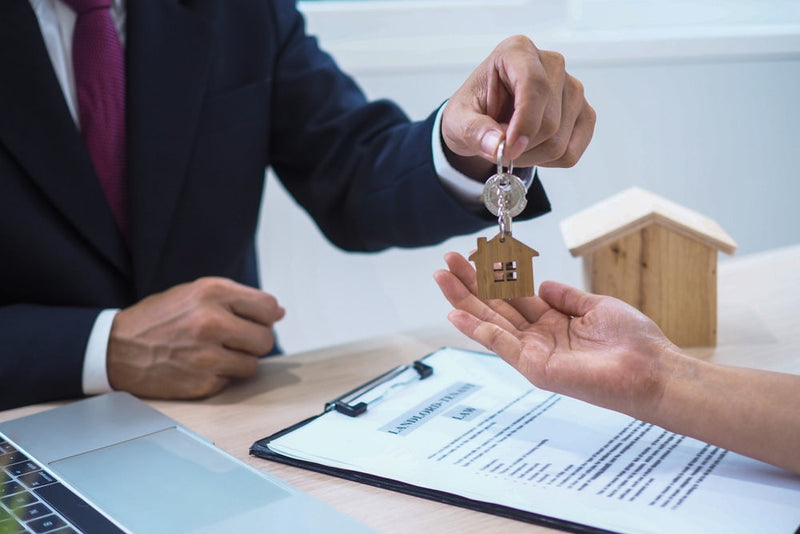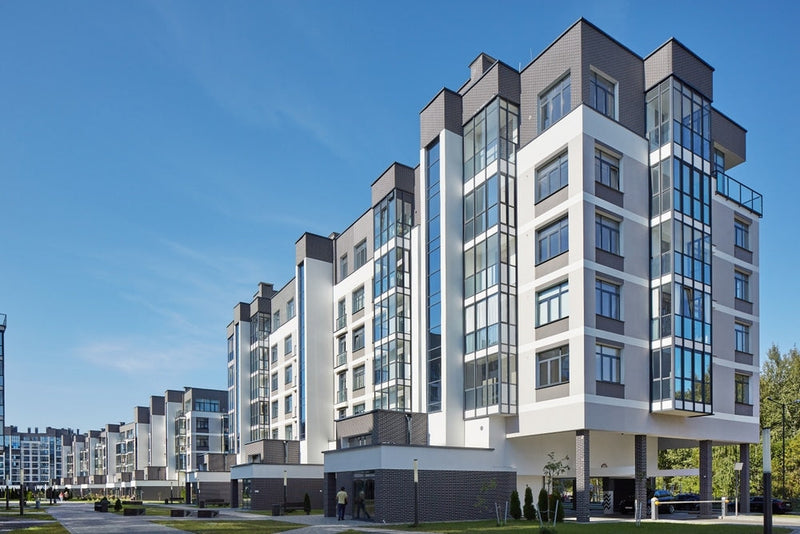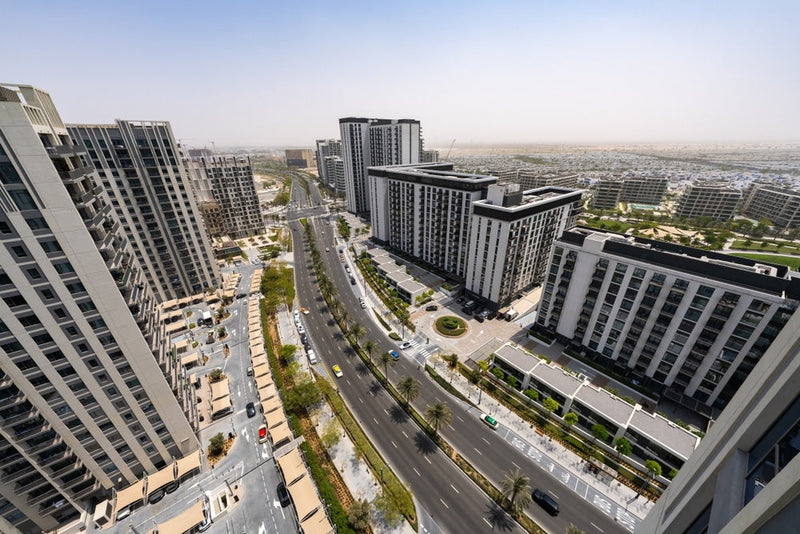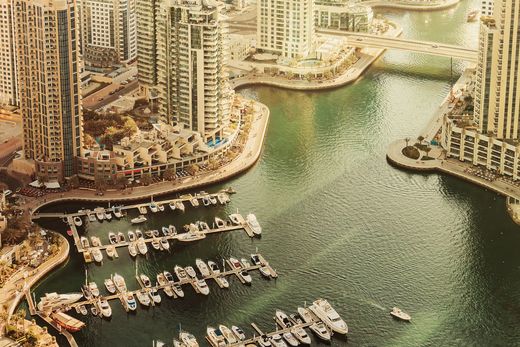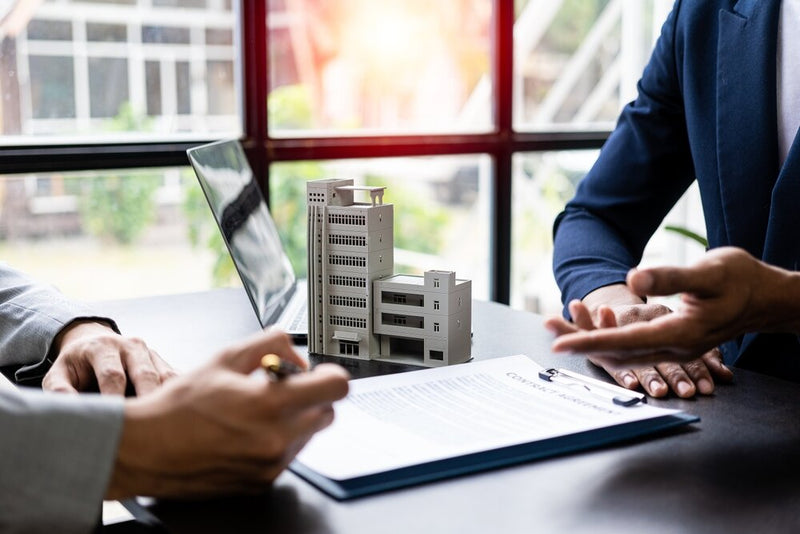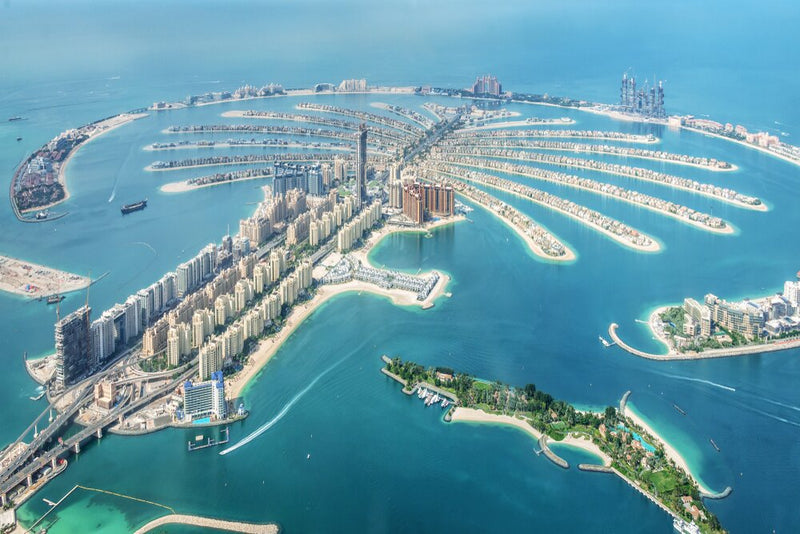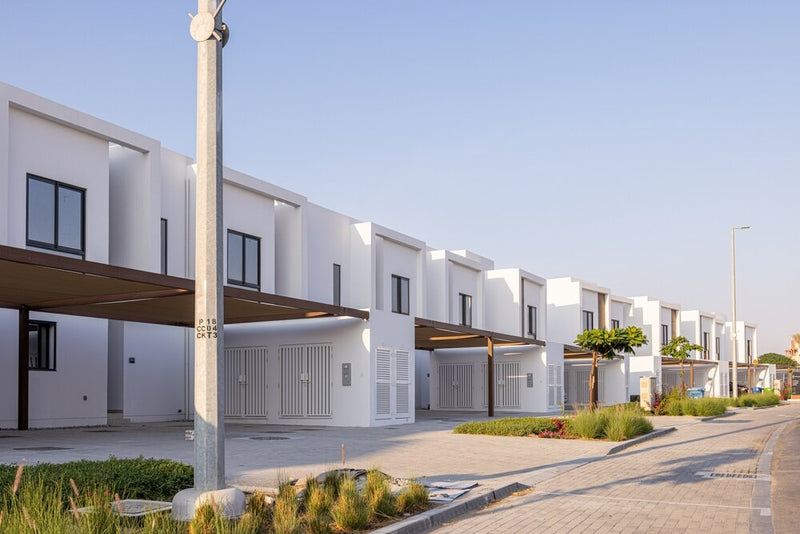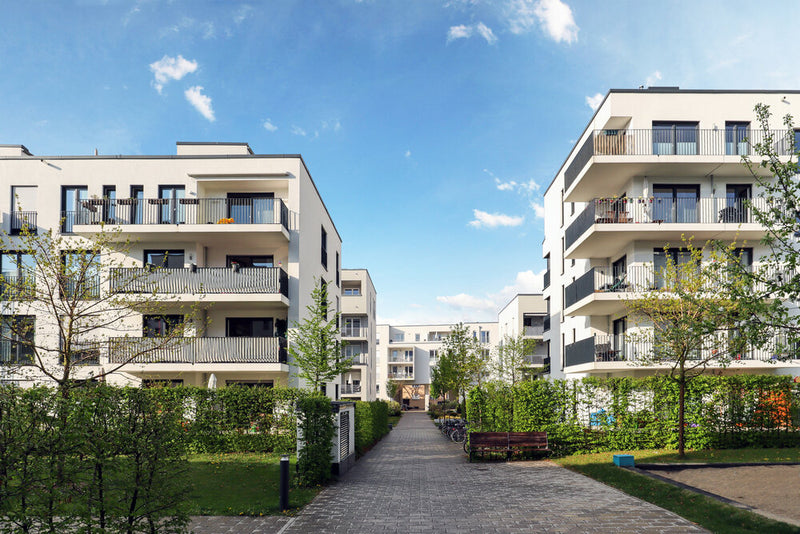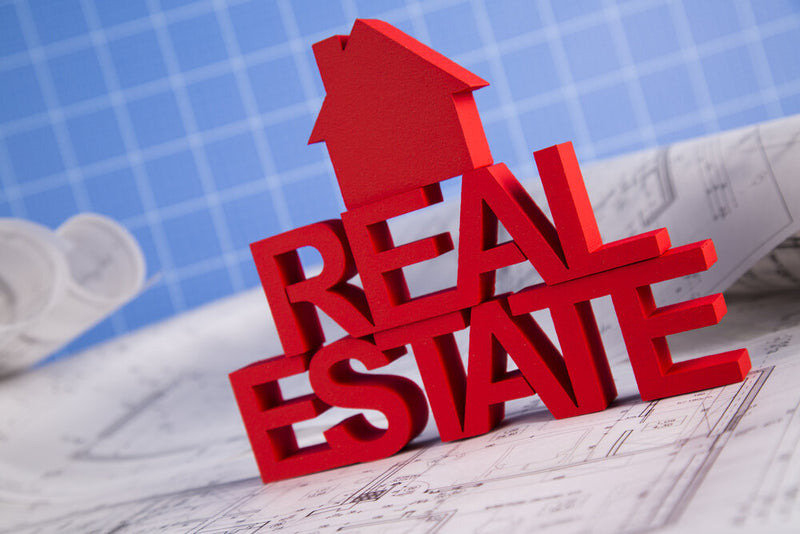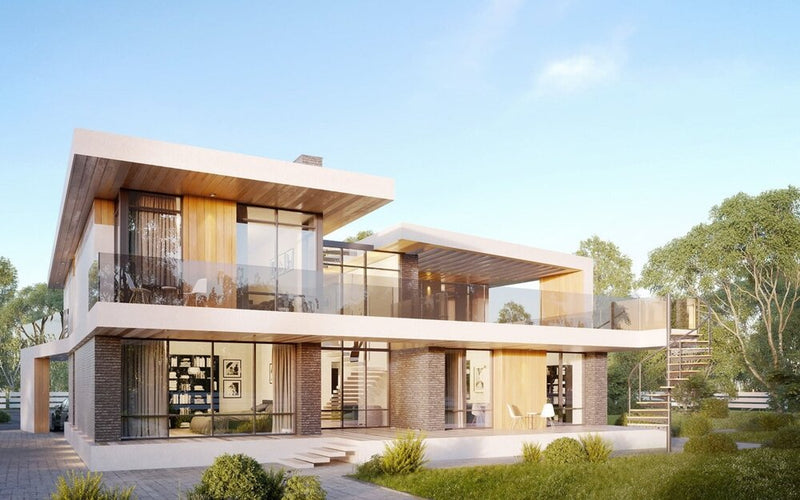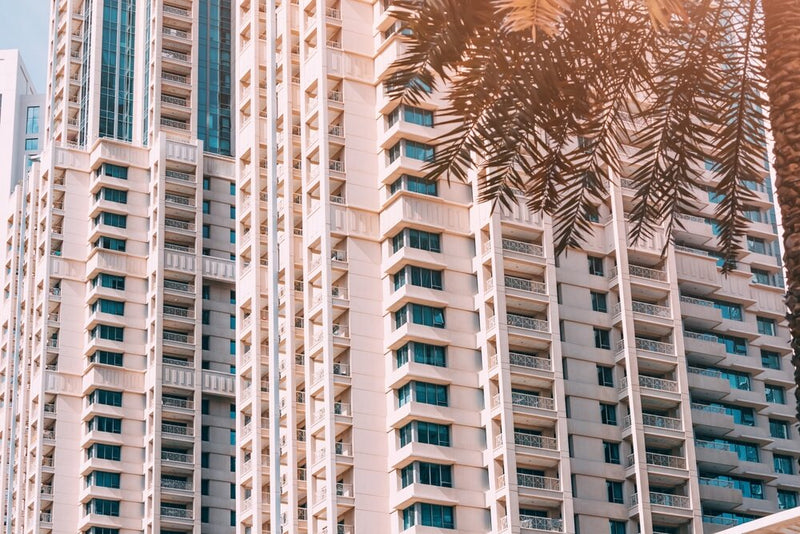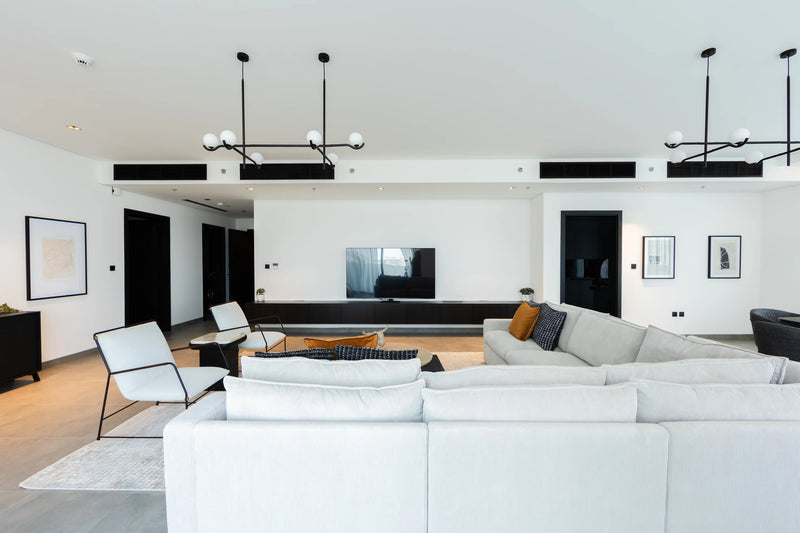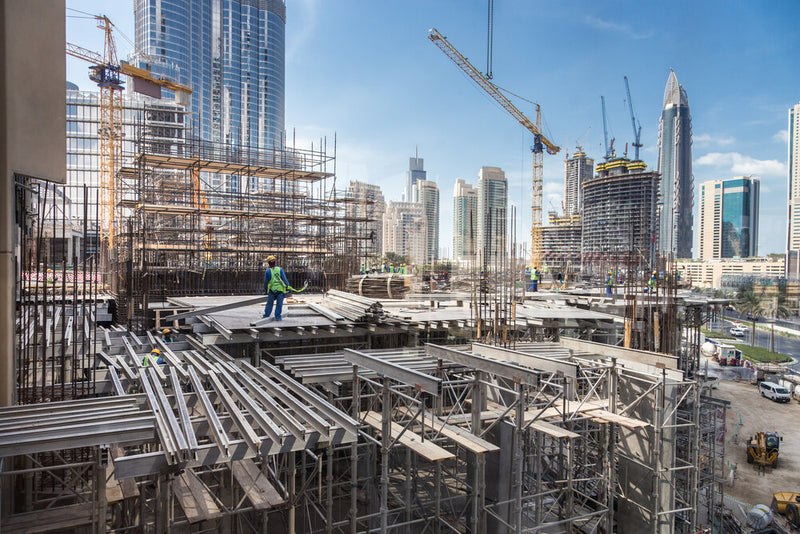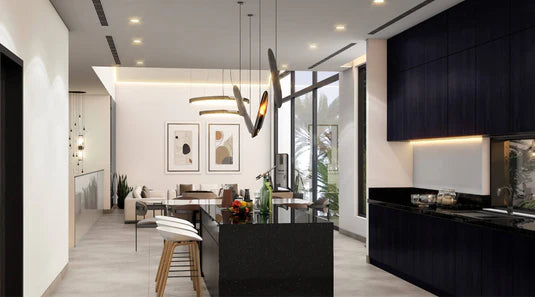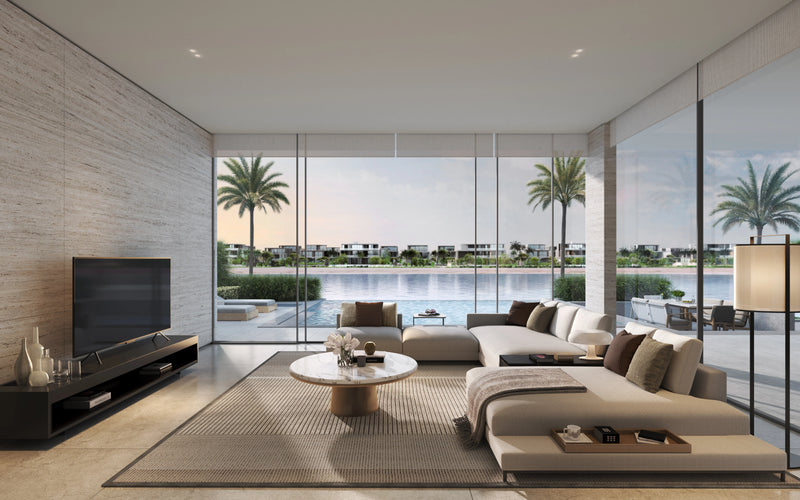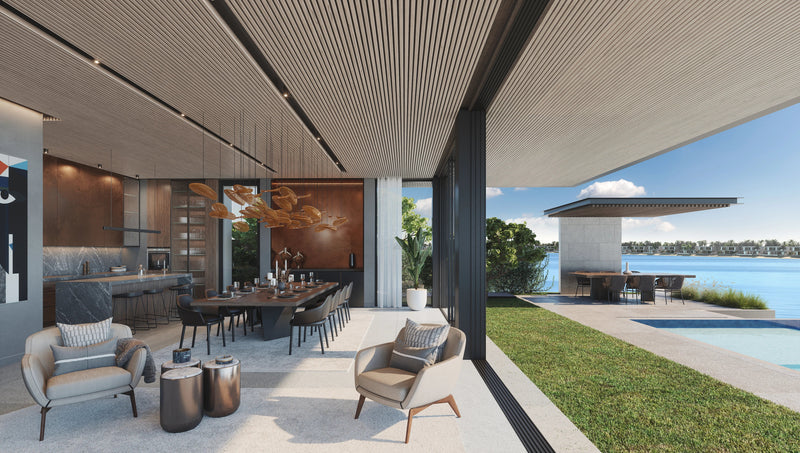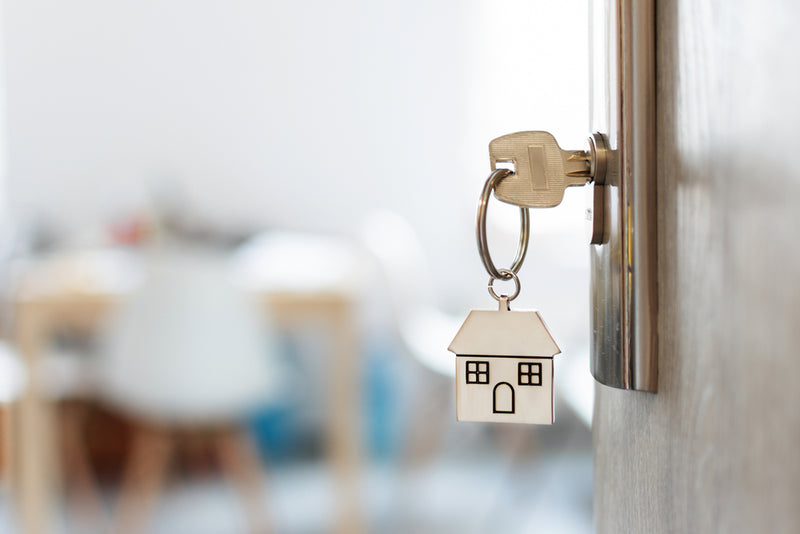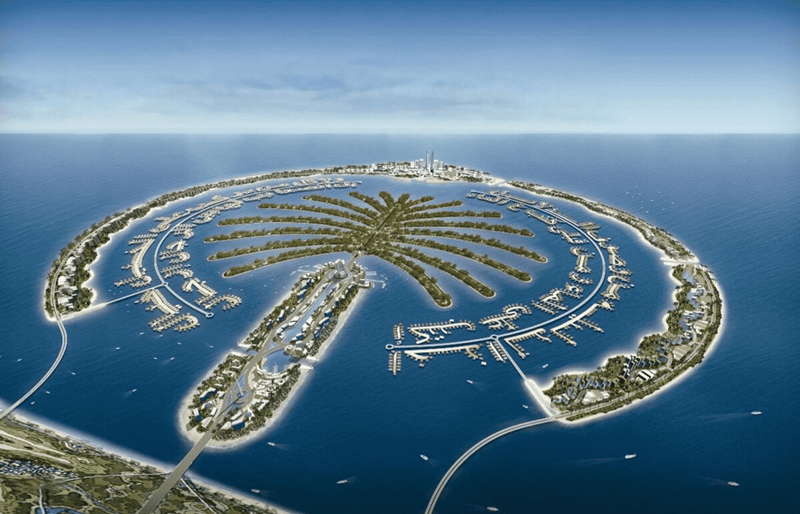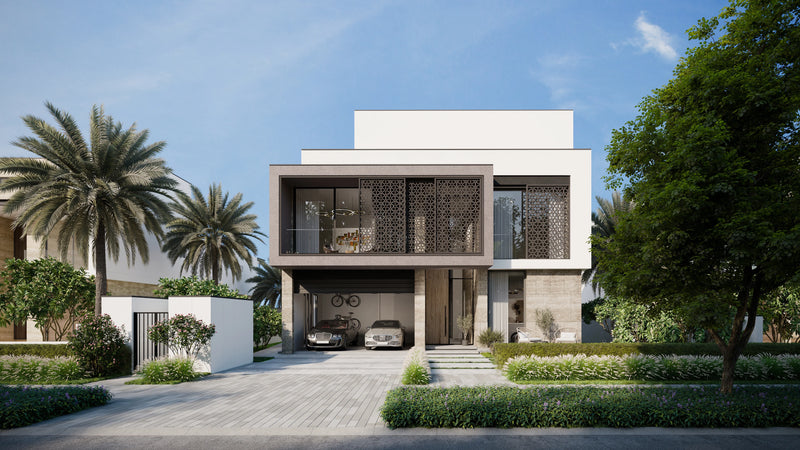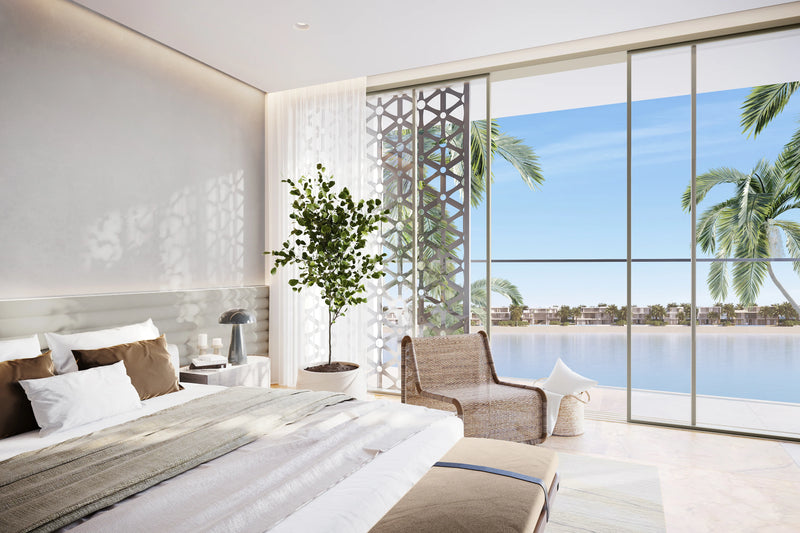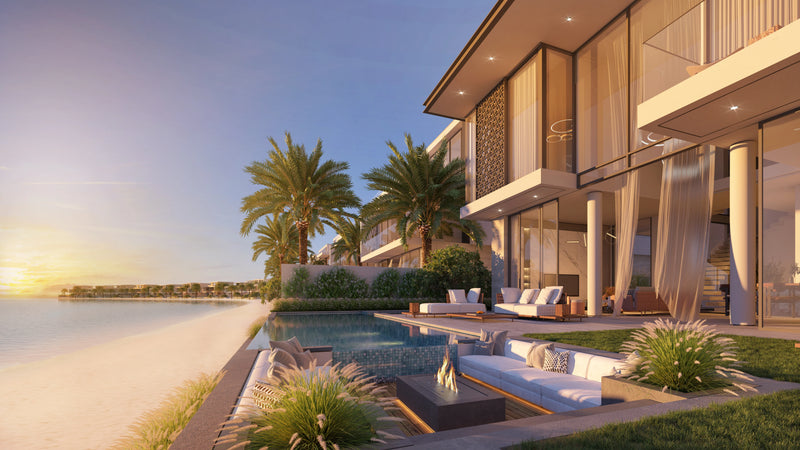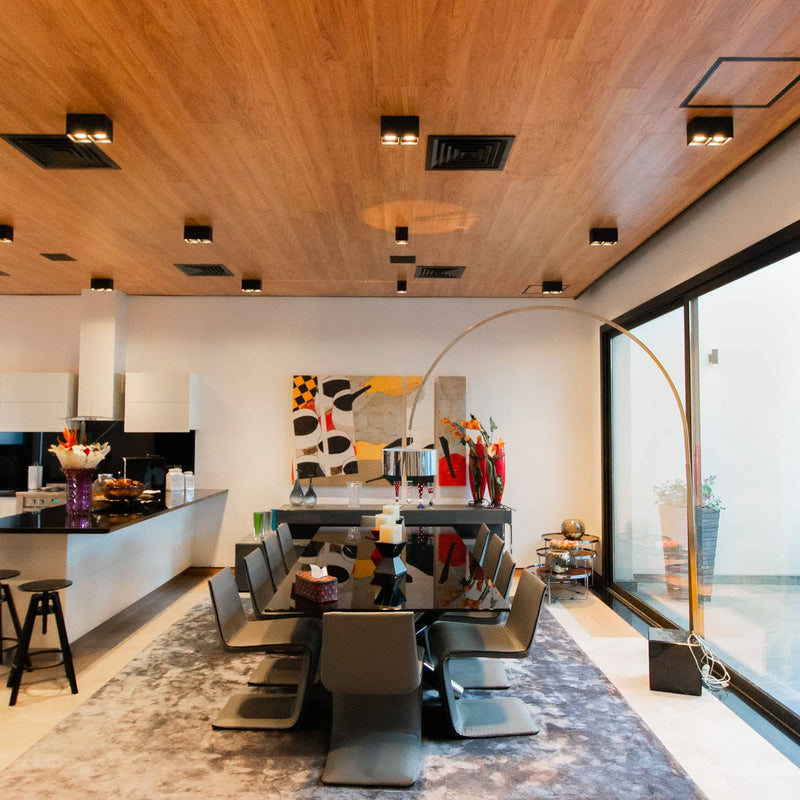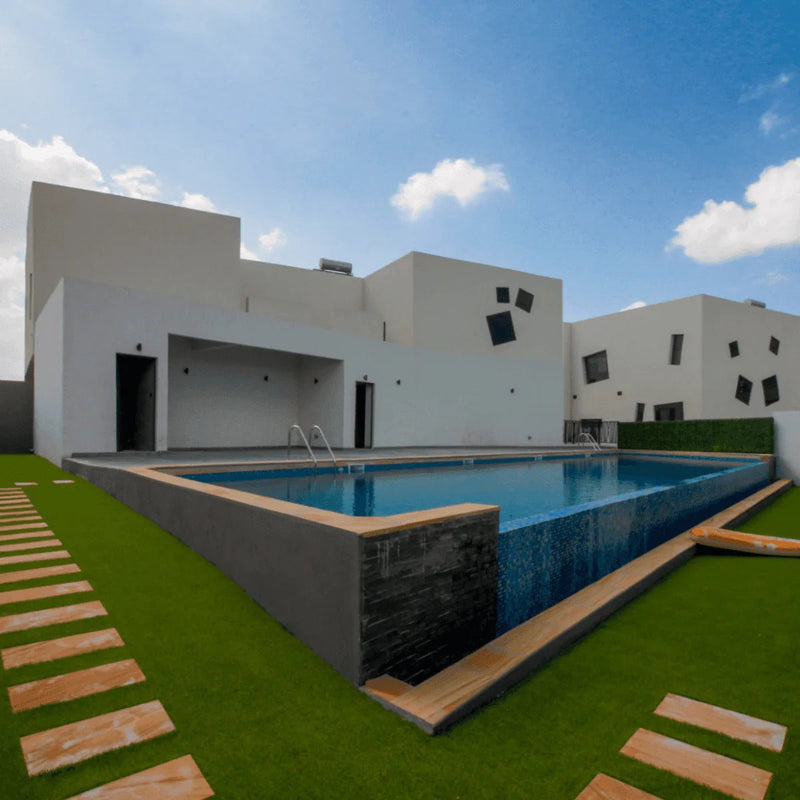If your stay in Dubai will be long-term or relatively short-term, determining if renting a home or buying property is the better option holds significance. Purchasing property results in ownership, providing the possibility of appreciating asset value as time passes. But renting allows you to live without being tied down, making it easy to move somewhere else if your plans change. Both have good points to consider in your situation.
As an expat, it is wise to consider factors like projected length of stay, annual rent vs. mortgage costs, and rental yields when the property is vacant. Understanding the differences between tenant and ownership rights and responsibilities is also essential.
Explore market trends, rental incomes, and costs to make an informed choice for your needs and goals in Dubai.
Key Factors to Consider When Renting vs. Buying Property in Dubai
Whether you work with a real estate agency in Dubai or research on your own, there are essential factors to consider when deciding whether to rent or purchase a home. Here are a few things for you to consider:
-
Long-Term Plans
Your long-term plans for Dubai should also heavily influence your decision to rent or buy. If you only intend to stay for a few years but must decide to put down permanent roots, renting makes more practical sense.
Renting allows you to relocate quickly without ties to a property. However, if you see yourself staying in Dubai indefinitely, buying will enable you to settle in for the long term.
You can make improvements and renovations and own an investment you pass down. Consider whether your goals are short or long-haul when deciding if owning property fits with your vision for the years ahead in Dubai.
-
Financial Situation
When comparing the costs of renting versus purchasing a luxury property for sale in Dubai, you'll need to consider each short—and long-term financial commitment carefully.
Ongoing rental payments, rates, and fees may be less than a monthly mortgage. However, none of that cash goes towards equity in a valuable asset. If opting to buy, budget additional costs like down payments, maintenance, repairs, and owner's association fees.
You'll need substantial income and savings to purchase in the high-end Dubai property market. Thorough research will help you decide the most economically sound path for your needs and goals.
-
Market Conditions
Another essential factor to remember is the constantly fluctuating Dubai property market. If you rent, you don't need to worry about property value fluctuations affecting you directly. But as a homeowner, you're exposed to greater risk from market uncertainty.
Property prices and rents can rise rapidly in Dubai, but occasional downturns occur. Studying historical housing cycles and current property trends would help us understand what lies ahead.
Variable market conditions reinforce why flexibility is preferable when renting versus potential losses by owning at the wrong time—factors that contribute to future market unpredictability based on available data.
-
Maintenance Costs
Maintenance and repairs are another significant long-term cost to consider carefully. While renting, you are not responsible for fixing appliances or addressing plumbing or other structural concerns - your landlord takes care of it. However, as a property owner in Dubai, you're on the hook for all maintenance expenses.
Following years of wear and tear, various systems and fixtures will need replacing, which will require a substantial capital outlay. You'll want to budget dedicated funds each month towards inevitable costs down the road.
Major overhauls can become very expensive, so you'll need to weigh those future obligations against the convenience of renting with no maintenance duties.
-
Flexibility
When considering whether to rent or buy luxury villa in Dubai, one of the most significant factors should be your desired lifestyle flexibility. If you rent, relocating for a new job or opportunity becomes far more accessible without the hassle of selling a property.
You aren't tied down to any single location. This can be very attractive to fast-paced professionals in Dubai. However, as the owner of a luxury villa, your mobility becomes severely limited if plans change.
When buying, you dedicate yourself to long-term roots, for better or worse. So weigh carefully how fixed or mobile you need your living situation to remain over the next few years.
-
Return on Investment
One final consideration in your decision between renting or purchasing property in Dubai centers around potential returns. While rents in the Emirates consistently rise over the long run, only buying presents an opportunity for equity growth and profits.
If you buy at the right time and Dubai real estate continues climbing in value as predicted, you stand to gain hundreds of thousands when deciding to sell later, and renting locks you out of that share of potential profits.
Of course, real estate investments also carry risks and aren't guaranteed to pay off. You'll need a keen eye and strategy to realize actual returns should you want ownership to double as an investment in your future.

-
Legal Considerations
Numerous important legal factors also influence whether you purchase Dubai luxury apartments for rent. You have standard tenant protection rights as a renter but little long-term security. However, ownership opens up liability responsibilities that need attention.
Some obligations to heed include obtaining necessary ownership licenses and permits, paying yearly land department fees, and complying with community rules.
Mortgage rules, taxes, and real estate laws continually change, too. You'll want to thoroughly research all applicable regulations before renting or buying in Dubai. Seeking legal guidance upfront can help lessen future hassles.
-
Personal Preferences
Whether renting or buying property in Dubai suits you best will depend on your unique lifestyle preferences and priorities. Some value the flexibility and low commitment that renting allows.
Others feel a strong sense of ownership and security from buying real estate. It would help if you thought about how you'll derive the most satisfaction personally.
Would renovating your perfect dream home bring you joy? Or would low-stress renting allow you to focus on other goals? Neither option is inherently better—carefully self-reflecting on what best fits your situation and aspirations is critical to choosing wisely.
-
Mortgage Rates
When considering Property Development in Dubai, you'll need to pay close attention to current mortgage lending rates. Interest charged on loans to purchase real estate is a significant ongoing cost that fluctuates regularly.
Recently, rates have been at competitive lows, making it an advantageous time for many to take out financing. However, rates can also start rising at any time. It would help if you crunched mortgage payment estimates now with present rates and what changing interest levels might mean for your monthly costs in future years.
Always factor this financing factor into your rental versus purchase cost-benefit analysis to ensure you get the best deal.
-
Property Appreciation
An important consideration when deciding whether to rent or purchase property in Dubai centers around anticipated appreciation. If you buy at the right time, as property values in the Emirates have risen substantially in the past, you stand to gain significant profits in the coming years.
Past performance does not guarantee the future, however. You must carefully research current market conditions and forecasts to gauge the likelihood of appreciation staying strong.
Owning benefits you directly from rising home prices, but uncertainties remain. Renting provides none of this potential upside. Factoring in reasonable appreciation projections can guide your decision.
-
Tax Implications
Another essential consideration is weighing the tax implications of renting versus buying property in Dubai.
As a renter, you'll have no property taxes to pay yearly. However, buying introduces several costs charged by the government. Taxes apply on property transactions as well as recurring annual municipal fees. You may also face capital gains tax responsibilities if selling for profit later.
Carefully examining how expenses compare with deductions and benefits available is prudent. Consulting a financial advisor can help ensure you fully understand all tax obligations to minimize your costs as much as possible.
-
Homeownership Benefits
While buying property isn't right for everyone, there are definite perks to owning a home in Dubai. You can build equity over the long run and enjoy price appreciation financially without landlord markups.
You can fully customize and renovate your space as desired. Pride and stability come from ownership. Tax benefits, such as deductions, may also apply. Feel secure naturally aging into your home without rent increases. Loans can also function as forced savings.
Weigh whether these advantages, which make homeownership meaningful and rewarding, offset challenges like maintenance responsibilities and illiquid long-term commitments.
-
Downsides of Renting
Renting has disadvantages, but you should go in with your eyes open. If rent increases are out of your control, you'll be at the landlord's mercy.
There's always the possibility they decide to sell, not renew your lease, or convert the building. This can force relocation. You also don't acquire equity over time living somewhere else's property. Appliance and repair issues are not your responsibility but must wait to be addressed, potentially inconveniencing you.
Flexibility also has a downside: renting offers no long-term stability or a place that genuinely feels like home. These potential downsides are worth weighing against the benefits of renting.
Conclusion
In conclusion, whether you rent or buy in Dubai depends on your unique financial situation and how long you plan to stay. Consider costs, market trends, rights, and obligations as tenants versus owners.
Remember that buying involves greater long-term responsibility but can provide investment returns through home appreciation over the years. Renting ensures you have the flexibility to relocate quickly if needed.
Whichever option works best for your current needs, reevaluate periodically in case your priorities change.

